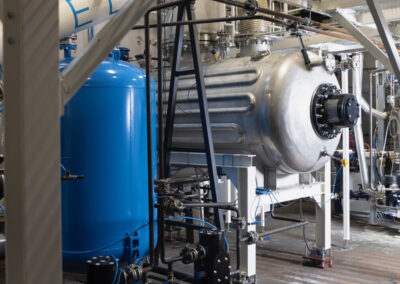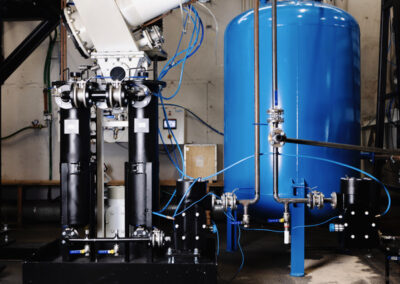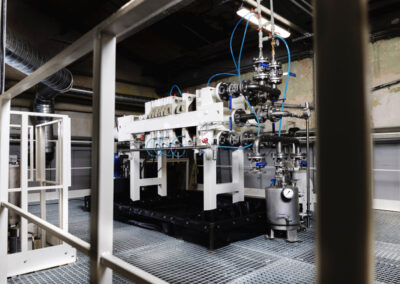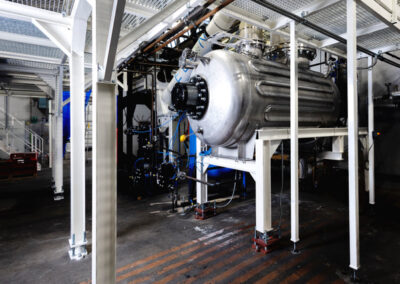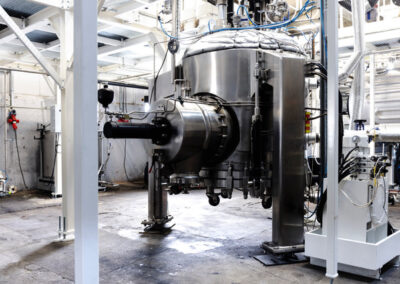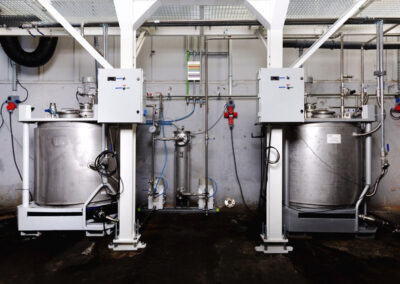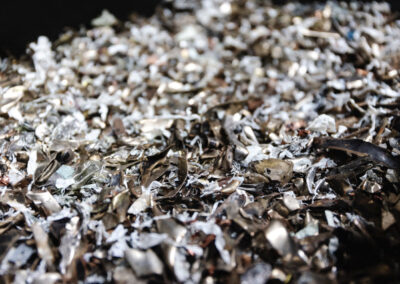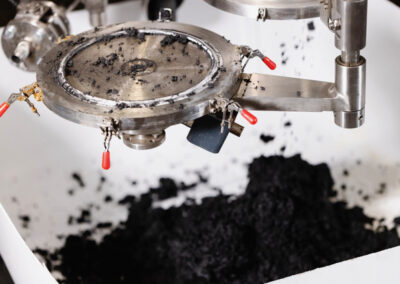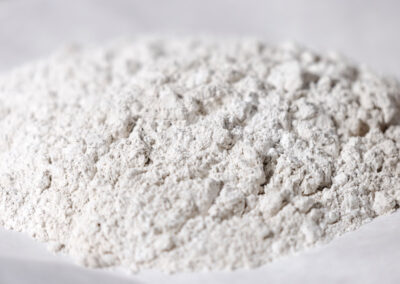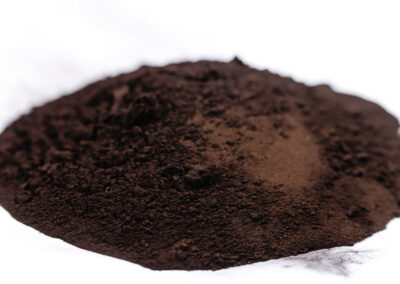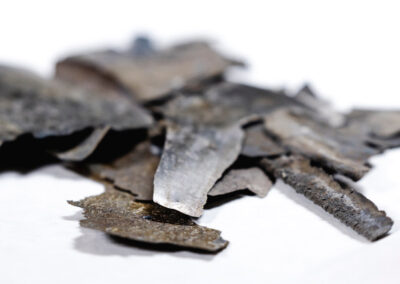About us
Every day we use devices powered by electricity stored in lithium-ion batteries. You are doing it right now, reading this text on your computer screen or smartphone. Batteries are with us almost all the time, enabling us to use many everyday devices and environmentally friendly means of transport.
At the same time, the number of used batteries is growing and so is the demand for rare raw materials necessary for their production, such as lithium, cobalt or nickel. This creates significant challenges not only for supply chains, but also for the environment.
ELION aims to address these challenges. We want to achieve this through our proprietary, environmentally friendly technology for recycling li-ion batteries and recovering the valuable elements they contain. Technology thanks to which the concept of closed-loop economy and sustainable management of the Earth?s resources will become not just an idea, but reality.
ELION, founded in 2020 as a technology startup, specializes in innovative solutions for lithium-ion battery recycling. Our goal is to contribute to the development of a sustainable economy by recovering key elements from used lithium-ion batteries and scrap from their production, primarily cobalt, lithium and nickel. Thanks to the support of NCBR and cooperation with scientists from the Cracow University of Technology and Stockholm University, we have been able to develop and verify on a demonstration scale a comprehensive recycling technology that is now ready for implementation on a larger scale.
ELION is setting its sights on building an industrial plant using our proven technology to meet growing market demands and new EU regulations on lithium-ion battery recycling. Our technology can recover ~90% of valuable metals from recycled batteries, offering a solution to the challenges of limited industrial capacity in Europe to recycle these materials.
ELION strives to continuously improve the proprietary methods developed to ensure the highest efficiency and minimize environmental impact.

Our Technology
After four years of intensive research and development, we are very proud to present our new lithium-ion battery recycling technology. ELION’s technology breaks new ground in recovering up to 90% of the valuable metals – lithium, cobalt and nickel – from used batteries and post-production scrap. Our innovative hydrometallurgical process, verified and refined on a demonstration scale, is ready to be implemented on an industrial scale. This is not only a milestone for us, but for the industry as a whole, enabling us to significantly reduce the environmental impact of used batteries while recovering key raw materials. We look forward to working with you in pursuit of a more sustainable future.
Our proprietary technology for recycling used lithium-ion batteries includes two basic processes, namely:
A. Mechanical shredding
Used batteries are shredded and their individual “components”, including the so-called “black mass”, are extracted and separated.
Our process is environmentally safe, carried out in a closed loop. Our technology allows us to grind batteries/scrap without discharging them first (!).
B. Chemical treatment
Thanks to hydrometallurgical processes, the most valuable elements, i.e. cobalt, lithium and nickel, are separated from the obtained fine fraction (black mass).
High purity of the obtained materials, e.g. in the case of metallic cobalt 99.99% – the possibility of reuse in battery production and other industries.
The technology developed by ELION is covered by three international patent applications.





